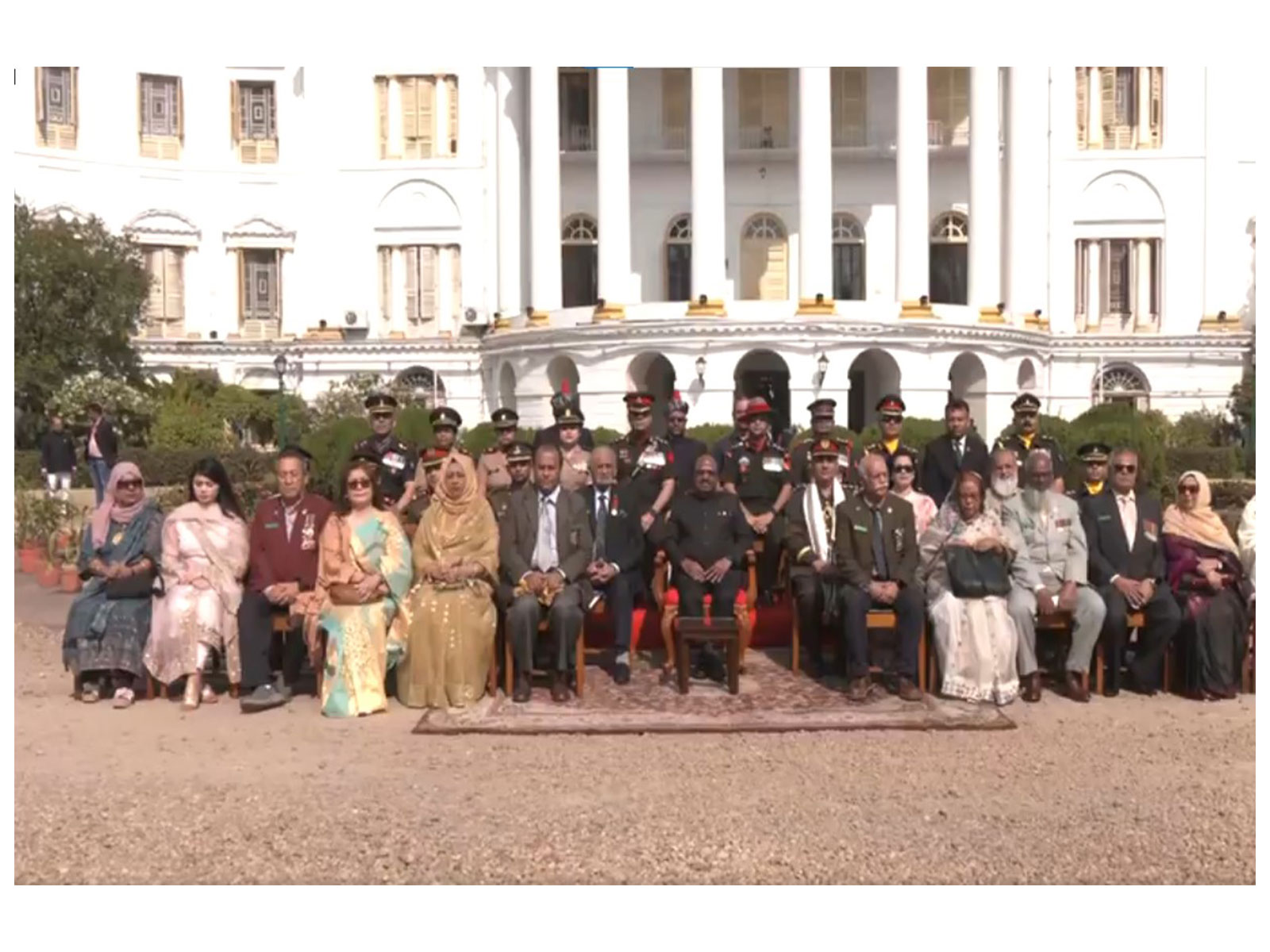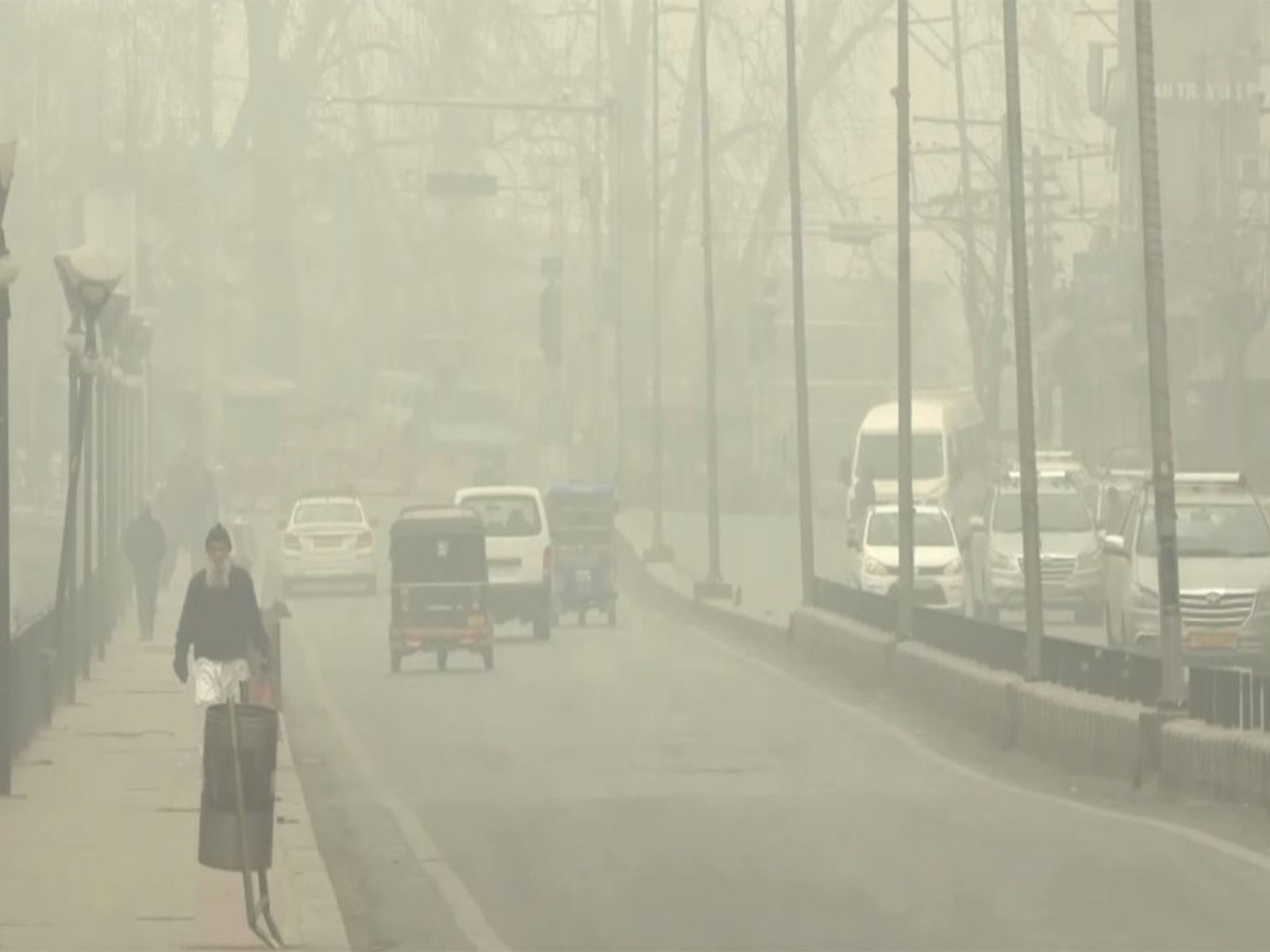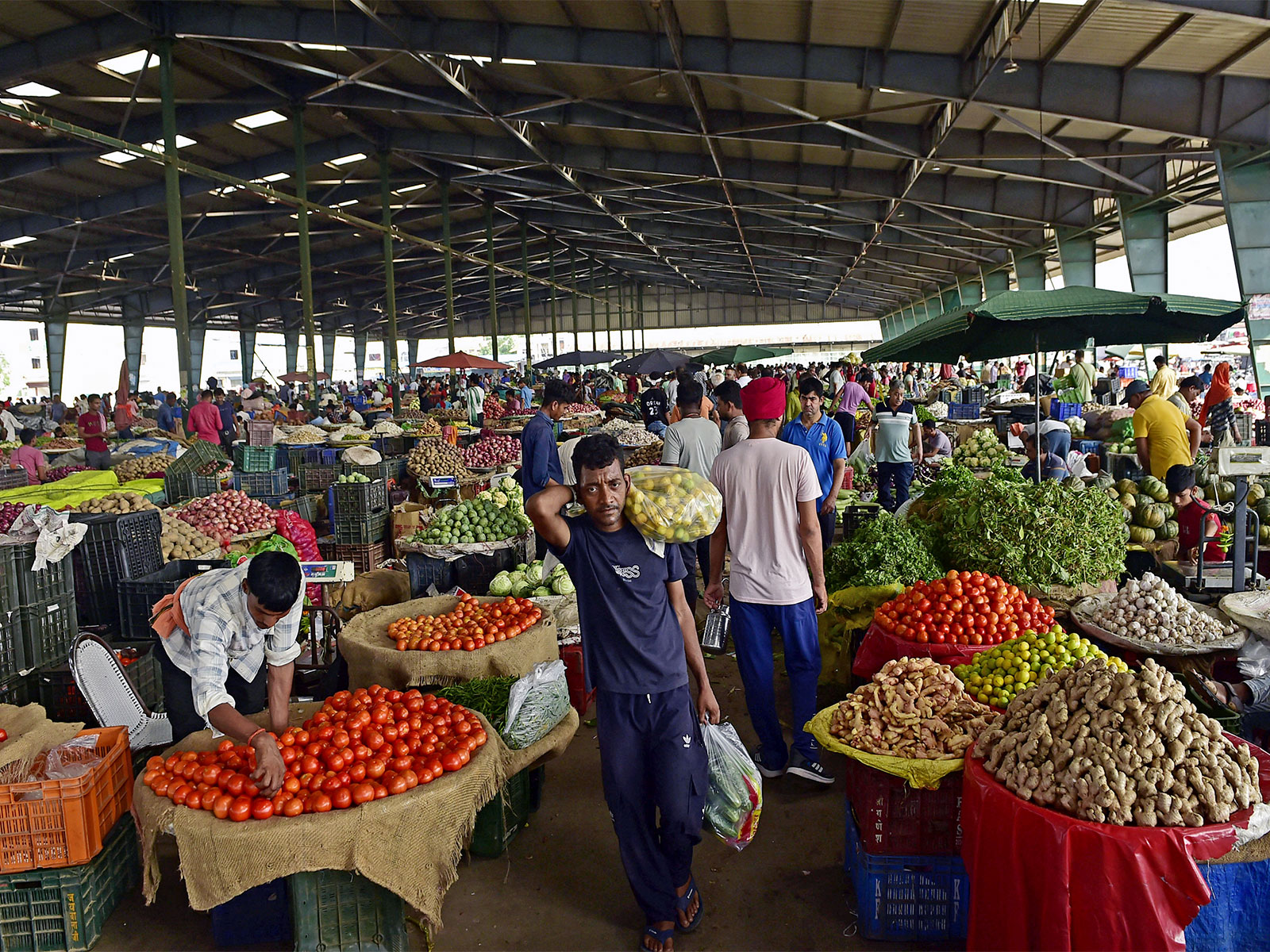Punjab farmers advised cultivating PR 128, PR 129 varieties of non-Basmati
May 14, 2020

Chandigarh (Punjab) [India], May 14 : Punjab's Agriculture Department, on the recommendations of Punjab Agricultural University (PAU), has advised farmers to go for cultivation of PR-128 and PR-129 varieties of non-Basmati, which are less water-intensive, for better paddy straw management without resorting to burning.
Disclosing this here on Thursday, Financial Commissioner, Development, and Additional Chief Secretary, Viswajeet Khanna said that both these new varieties have already got approval from representatives of the milling industry, a vital pre-requisite for the release of a rice variety to the farmers of the state.
Khanna also mentioned that these advanced varieties meet the total rice recovery (out-turn ratio) of raw rice fixed at 67 per cent under the 'Custom Milling Policy' fixed by the Government of India and have acceptable levels comparable to other varieties for various quality parameters.
Sharing the inputs given by PAU on the early maturation of these new varieties, the ACS informed that both PR 128 AND PR 129 varieties mature in 111 and 108 days respectively after transplanting
(as compared to 130 days taken by Pusa 44) and thus have a lower water requirement.
It may be recalled that realising the concerns of farmers with regard to labour shortage amid COVID-19, the Chief Minister Captain Amarinder Singh has already advanced the dates of the paddy nursery sowing and paddy transplantation by 10 days, the operations of paddy nursing sowing have already begun from May 10 and paddy transplantation would commence on June 10, 2020.
Giving more details, Khanna said that PAU after several extensive research trials has developed two new Parmal rice varieties, PR 128 and PR 129, which were released for cultivation across Punjab by the State Variety Approval Committee in February 2020.


















